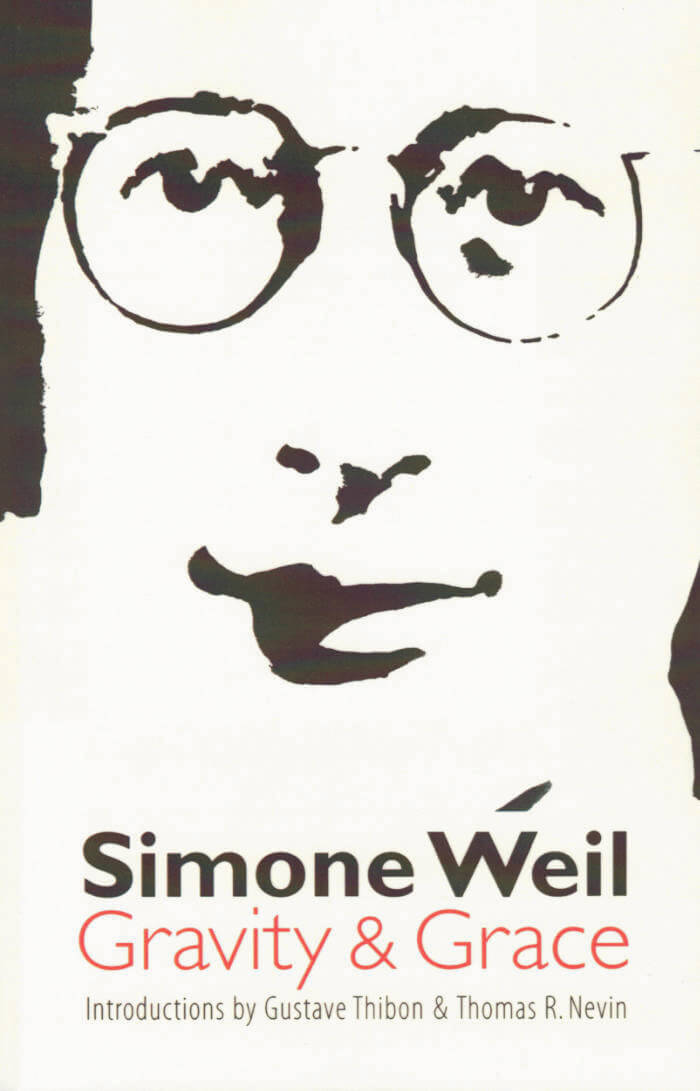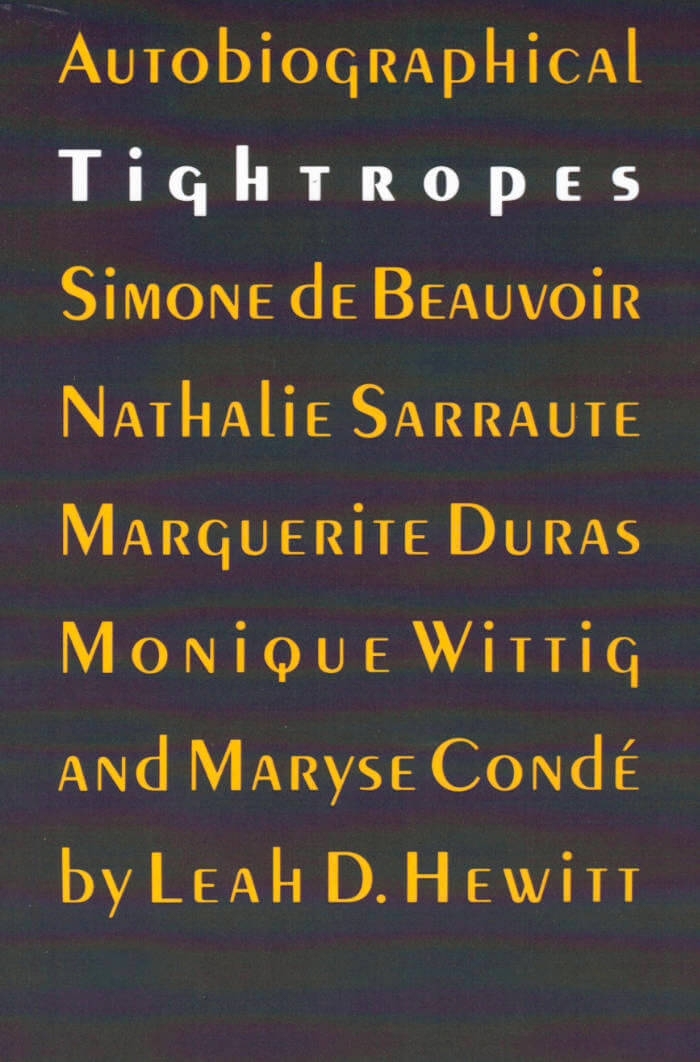Bison Books
Bison Books

The Book of Promethea
In writing Le Livre de Promethea Hélène Cixous set for herself the task of bridging the immeasurable distance between love and language. She describes a love between two women in its totality, experienced as both a physical presence and a sense of infinity.
The result is a stunning example of écriture feminine that won kudos when published in France in 1983. Its translation into English by Betsy Wing will extend the influence of a writer already famous for her novels and contributions to feminist theory. In her introduction Betsy Wing notes the contemporary emphasis on "fictions of presence." Cixous, in The Book of Promethea, works to "repair the separation between fiction and presence, trying to chronicle a very-present love without destroying it in the writing."
Betsy Wing is a freelance translator and fiction writer. She translated Catherine Clément and Hélène Cixous's La Jeune Née (The Newly Born Woman) into English in 1986. A collection of her fiction, Look Out for Hydrophobia, was published in 1990. Hélène Cixous is also author of the play The Terrible but Unfinished Story of Norodom Sihanouk, King of Cambodia, translated by Juliet Flower MacCannell, Judith Pike, and Lollie Groth (Nebraska 1994).
Hélène Cixous is also author of the play The Terrible but Unfinished Story of Norodom Sihanouk, King of Cambodia, translated by Juliet Flower MacCannell, Judith Pike, and Lollie Groth (Nebraska 1994). Betsy Wing is a freelance translator and fiction writer. She translated Catherine Clément and Hélène Cixous's La Jeune Née ( The Newly Born Woman) into English in 1986. A collection of her fiction, Look Out for Hydrophobia, was published in 1990.

Gravity And Grace
Simone Weil, the French philosopher, political activist, and religious mystic, was little known when she died young in 1943. Four years later the philosopher-farmer Gustave Thibon compiled La pesanteur et la grbce from the notebooks she left in his keeping.
In 1952 this English translation accelerated the fame and influence of Simone Weil. The striking aphorisms in Gravity and Grace reflect the religious philosophy of Weil's last years. Written at the onset of World War II, when her health was deteriorating and her left-wing social activism was giving way to spiritual introspection, this masterwork makes clear why critics have called Simone Weil "a great soul who might have become a saint" and "the Outsider as saint, in an age of alienation." Introducer Thomas R. Nevin is a professor of classical studies at John Carroll University and the author of Simone Weil: Portrait of a Self-Exiled Jew.

Autobiographical Tightropes
"In order to write" said Simone de Beauvoir, "the first essential condition is that reality can no longer be taken for granted."
She and four other French women writers of the second half of the twentieth century-Nathalie Sarraute, Marguerite Duras, Monique Wittig, and Maryse Condé-illustrate that producing autobiography is like performing a tightrope act on the slippery line between fact and fiction.
Autobiographical Tightropes emphasizes the tension in the works of these major writers as they move in and out of "experience" and "literature," violating the neat boundaries between genres and confusing the distinctions between remembering and creating.
Focusing on selected works, Leah D. Hewitt for the first time anywhere explores the connections among the authors. In doing so she shows how contemporary women's autobiography in France links with feminist issues, literary tradition and trends, and postmodern theories of writing. In light of these theories Hewitt offers a new reading of de Beauvoir's memoirs and reveals how her attempt to represent the past faithfully is undone by irony, by literary and "feminine" detours. Other analysts of Nathalie Sarraute's writing have dwelt mainly on formal considerations of the New Novel, but Hewitt exposes a repressed, forbidden feminine aspect in her literary innovations. Unlike Sarraute, Duras cannot be connected with just one literary movement, political stance, style, or kind of feminism because her writing, largely autobiographical, is marked by chameleon like transformations.
The chapters on Wittig and Condé show how, within the bounds of feminism, lesbians and women of color challenge the individualistic premises of autobiography. Hewitt demonstrates that, despite vast differences among these five writers, all of them reveal in their autobiographical works the self's need of a fictive other. Leah D. Hewitt is an associate professor of French at Amherst College.